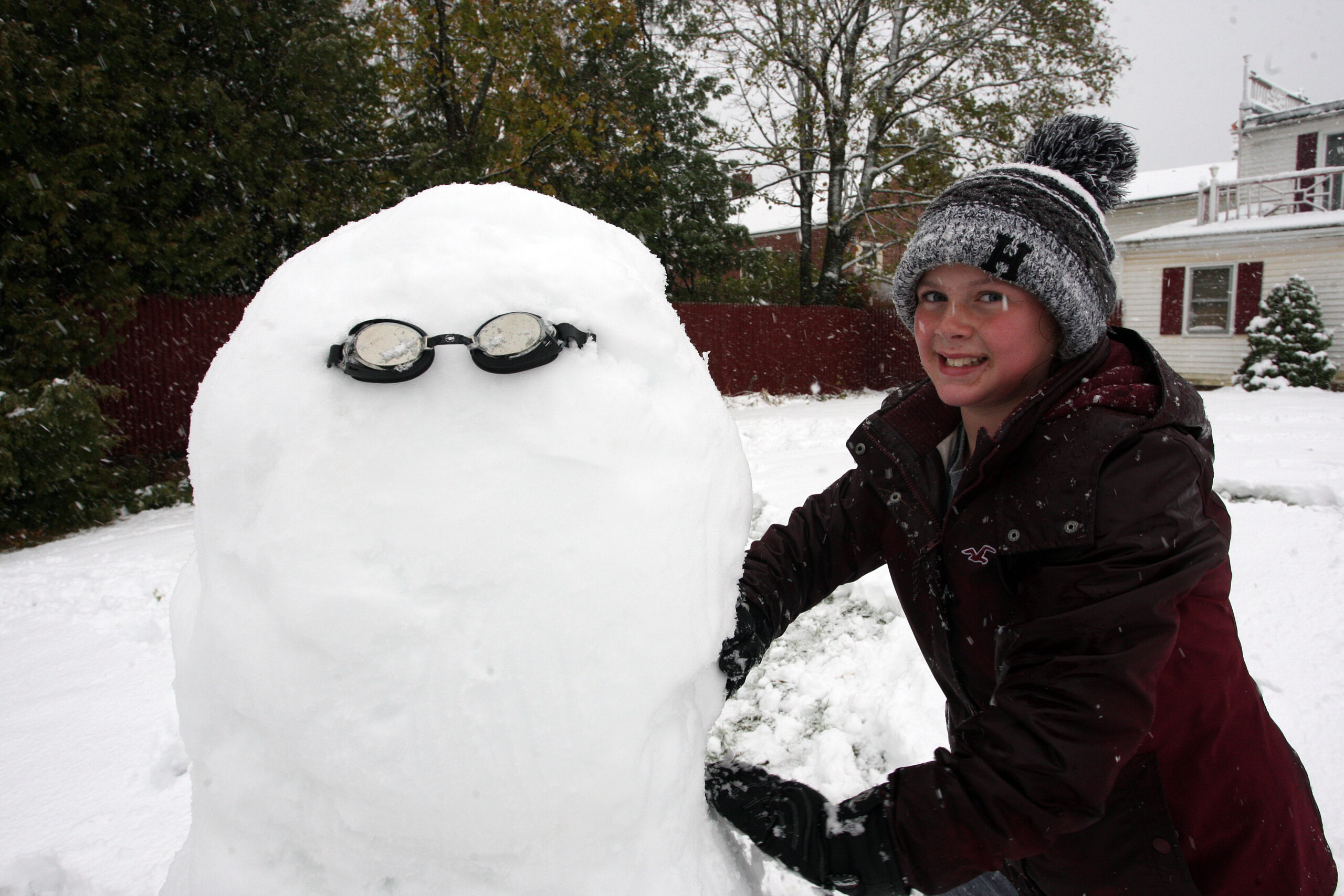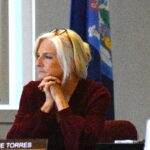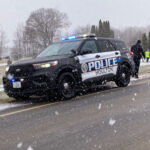
CARIBOU, Maine — With the first snowfall reported last October in Aroostook County and another storm predicted for Tuesday evening into Wednesday, the additional snow will pile onto what has already been record-setting snowfall, according to the National Weather Service in Caribou.
Todd Foisy, meteorologist for the NWS in Caribou, said Monday that 104.4 inches of snow had fallen in The County between the first dusting of snow on Oct. 18, 2018 and the present. The total is 6.9 inches above the previous record of 97.6 inches, which was set in 2007-2008. That makes it the snowiest winter season to date, he noted. The third snowiest season to date was in 1954-1955, which saw 95.2 inches.
Foisy said that the record differed from the snowiest winter season of all time, which occurred when 197.8 inches of snow fell in The County in 2007-08.
“We are just talking about the winter season to date,” he said. “Of course, there is a lot of winter left to go, so there is always a chance of hitting that 07-08 record. But it hasn’t been broken yet.”
At the same time, Caribou also has set a record for the snowiest January to date. Foisy said that 52.6 inches of snow has fallen so far this month, above the previous record of 44.6 inches that fell in January 1994. January 2000 is the third snowiest January to date, with 43.7 inches recorded.
There is the potential for January to become the snowiest month on record, according to Foisy. The current record is 59.9 inches, which fell in December 1972, followed by 54.5 inches in December 2007. That means that only 7.4 inches of snowfall is needed to break the record, which could occur during the upcoming storm.
“We are expecting to see between four and seven inches from the storm,” said Foisy.
However, he said, Aroostook County will see only a glancing blow from extreme cold that is being forecast for nearly two-thirds of the United States this week.
“We are not going to be nearly as cold as the Great Lakes region will be,” he said. “We are going to have below-normal temperatures, but it will be typical arctic air. It is not anything that we are not used to.”







